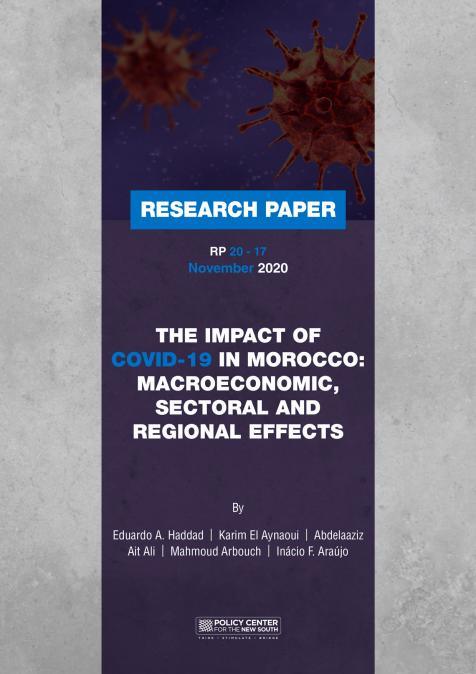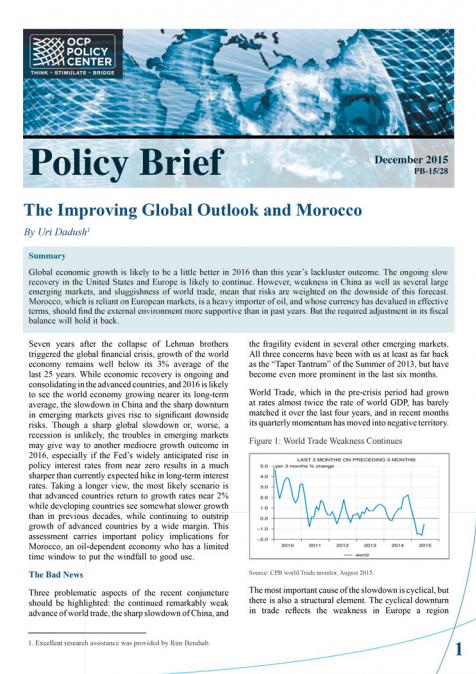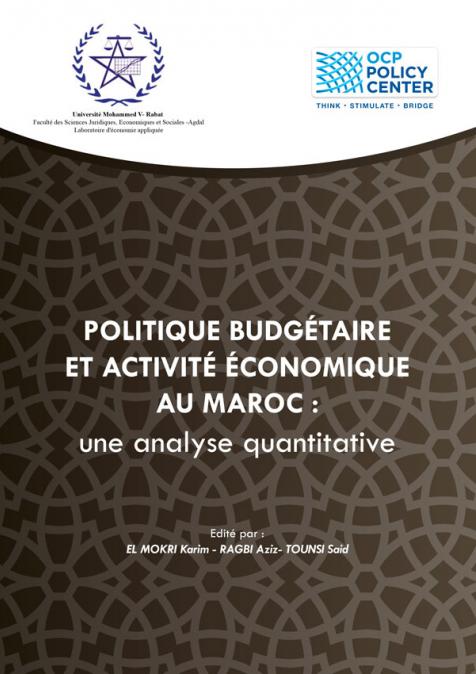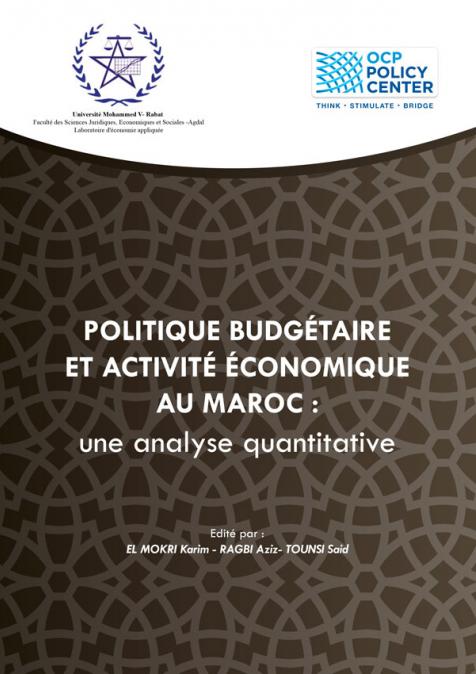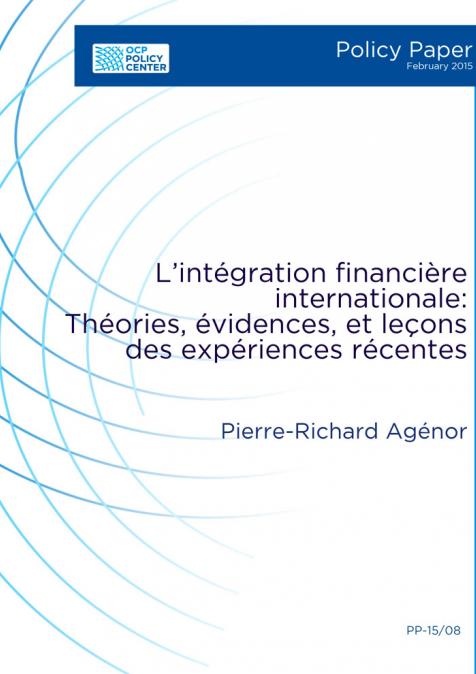Publications /
Research Paper
The COVID-19 pandemic has hit the Moroccan economy hard, as elsewhere in the world. A collapse in external demand and a lockdown lasting more than three months have profoundly altered economic activity in Morocco, causing its first recession since 1995. The implementation of the confinement and social distancing measures was strict and came two weeks after the detection of the first cases of COVID-19 in Morocco on March 2, 2020. The lockdown was extended three times and lasted around 14 weeks. This strategy prevented a sharp increase in cases in the early part of the pandemic, and enabled the preparation of health infrastructure to deal with potentially more severe waves of contamination. However, the price was the consequent economic downturn. What are the daily economic costs of the control measures adopted in the country to prevent the spread of COVID-19? What are the impacts of mitigation measures implemented by the central government? How do flexibility measures affect the economic recovery? This study quantifies the regional and sectoral economic impacts of preventive measures related to the coronavirus pandemic in Morocco.

